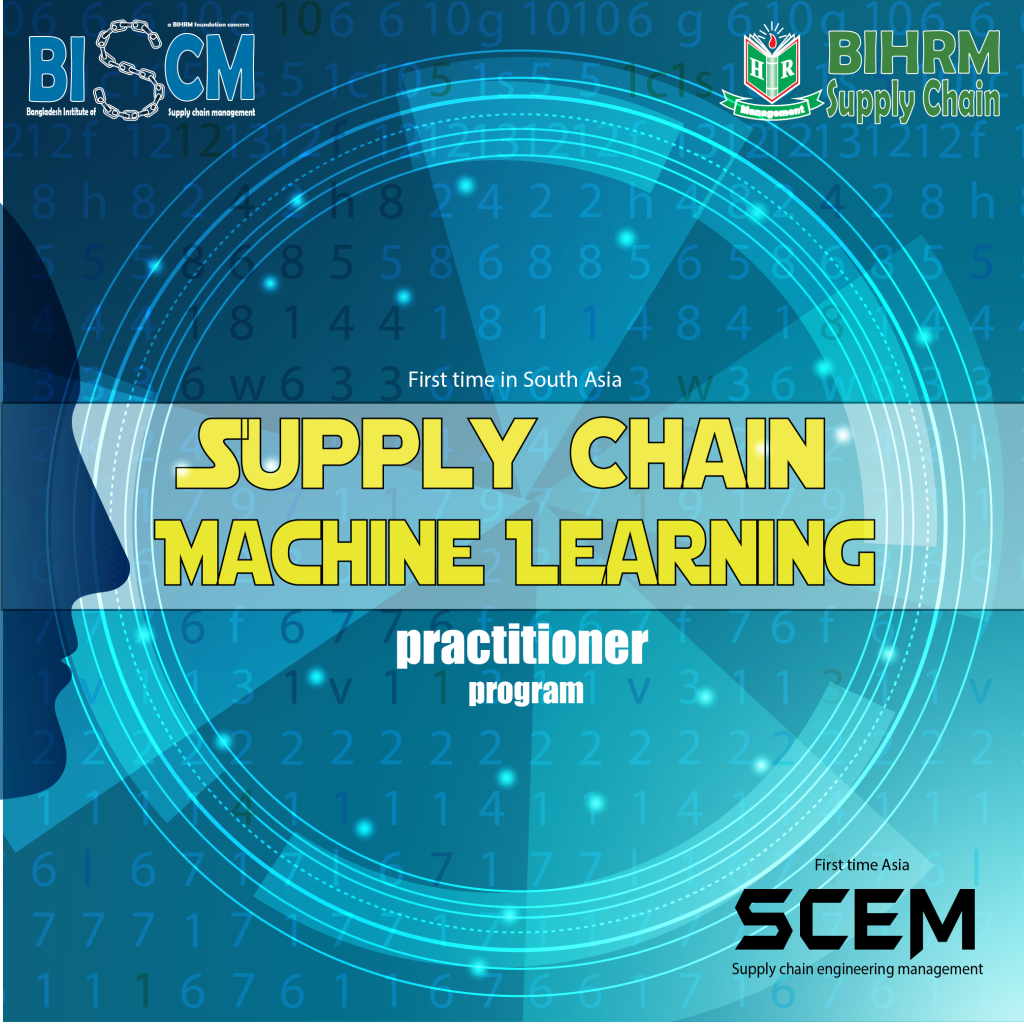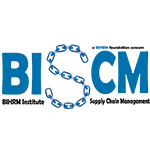
Most of us heard about machine learning. But how does it applied in supply chain. We dont need to hear the importance of it. We need to know how to practically implement it in business problem solving.
Good news BISCM: BIHRM Supply chain has started Machine learning of Supply chain program first time not only in Bangladesh, but also in South Asia. It is part of SCEM program. Participants can join only in that individual program or through SCEM course which will give overall understanding of machine learning application in Supply chain.
You’ll be introduced to the field of machine learning, an area where algorithms learn patterns from data to support proactive decision making, as it applies to supply chain management. You’ll learn to forecast future demand and use this information to evaluate inventory policies, while also learning the importance of and how to perform customer segmentation.
Who Should Attend
This course is designed for experienced business professionals who perform (or want to perform) data analyses of any form in the area of supply chain, and who seek to get more from their supply chain data. This course will benefit learners who want additional tools and who want to become a change agent that tackles strategic supply chain goals.
What You Will Learn
- Machine learning (ML) techniques
- ML algorithms
- How to apply ML in demand forecasting, sales and operation planning and inventory management
- ML in production planning and predictive maintenance
- Forecasting
- Advanced analytics techniques using engine downtime predictive modeling example
How You Will Benefit
- Understand the use of regression and clustering techniques in supply chain planning.
- Apply ML in demand forecasting and inventory management.
- Use Python and Power BI to build forecasting models.
- Apply advanced analytics techniques to build planning tools that can leverage large and real-time data sets.
- Understand and apply ML techniques specific to production planning and predictive maintenance.
- Leverage the Microsoft Azure platform for collaborative planning, visualization, and data management.
- Build an anomaly detection model that supports production maintenance planning.
Awarding Body:

BIHRM (Estd. 2003) Bangladesh Institute of Human Resource Management
Sign up here:
